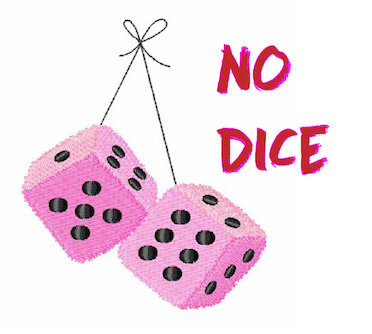PhotoCredit: RearViewMirror
I am often asked in interviews what my biggest failures have been. I struggle with that question. My narrative is 'I always figure my way through the bad stuff.' That and 'I’m perfect and I don’t make mistakes.' #self-identity. #delusional.
There has certainly been a lot of making it work off the back of questionable decision-making. Or at least decision making that was based on rather shabby logic. I'd like to think I am getting smarter or wiser as the years progress, but I know at the very least I can get more informed!
Enter mental models.
It started with this podcast. To be fair it actually started with my interest in the OODA loop and the work of military strategist John Boyd, which is also referenced in this podcast. The idea is that the more frameworks we use to assess a problem, the more creative we can be with the solution. We like creative solutions, they are hard to predict and thus a competitive advantage. So my new personal learning ambition is to strengthen my suite of mental models. Yes, you may consider that an invitation to send me smarty-pants articles on frameworks for thinking.
Essentially, mental models are just different ways that you think about making a decision or solving a problem. A simple example is the “time model." You assess requests based on whether you believe you have time to spare. The "can I fit this in my schedule" mental model. You may have time but that doesn't mean the request is a good use of your time. You conversely may not have time but the better decision is to juggle your commitments because the request will lead to more opportunities for you. Mental models can be simple like the time example or complex or even guiding philosophies. The main point is to create conscious frameworks for making decisions.
The podcast interviews Shane Parrish (speaking of smarty-pants). In this article Parrish details how to create a decision journal. Like we need another journal in our life. We don’t...but we do. Parrish notes: "our minds revise history to preserve our view of ourselves. The story that we tell ourselves conflates the cause and effect of a decision we made and the actual outcome."
Sorry to burst that hindsight bubble. So, yeah, you do need another journal as it turns out.
I would use evernote or a similar digital tool. Parrish suggests this must be hand-written but I’m going to disagree, I think the key thing is an honest record of your assessment at the time. Start small. Make a note of a decision and write down what model(s) you are using to make that decision. And obviously what the decision is. Then push yourself to think of one other framework you could assess that decision through. Just give it a try with the aim of slowly building your practice over time.
The journalling idea is cool. It's possibly a little too organized even for me, though I must admit I do like the idea of keeping track of my decision making. Over time it would build up to be quite an incredible treasure trove of personal insights. Delusion begone!

